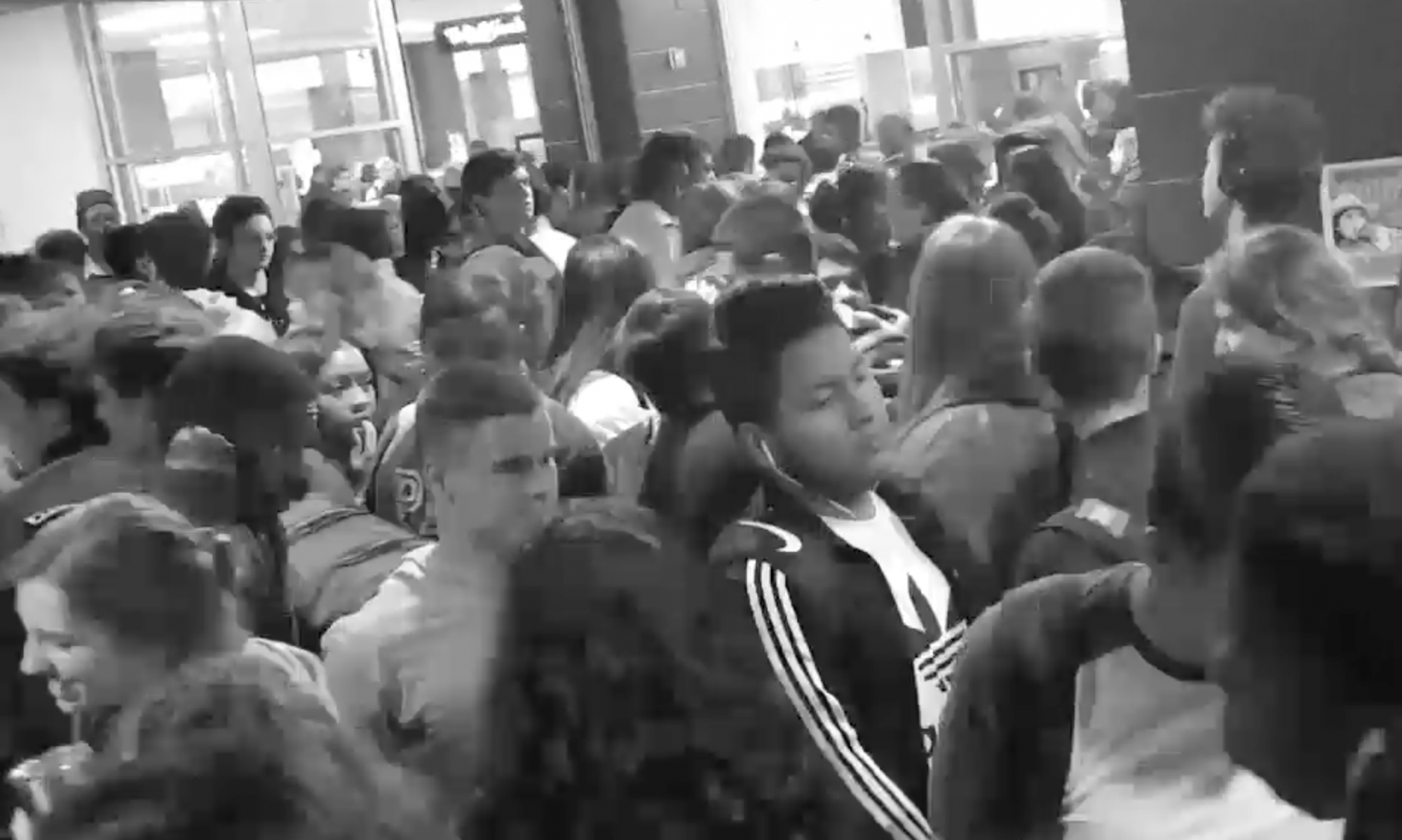The average homeowner’s taxes would go up a maximum of $25 a month under the most extreme projections of the cost and funding of a second high school in Harrisonburg.
If you own a home assessed at $239,000, the median assessment for the city of Harrisonburg, and if you are married filing jointly, your real estate taxes could go up between $22 and $26 a month if the entire cost of a second high school is funded through a real estate tax increase.
There are three “ifs” in that sentence, and a range of $4 a month or $48 a year in the estimate. The estimated tax increase is based on the highest estimate yet presented for the cost of a new school. The school board has asked architects for plans based on 70% of that $100 million cost.
Not all of the school will be funded through a real estate tax increase. The city has other taxes that could be raised slightly, and there is a natural increase in the city’s revenue as the city grows.
For reference, if the high school on Garber’s Church Road had been funded entirely by real estate taxes, city residents would have paid 11 cents more, a 17 percent increase. However, the tax rate did not go up for ten years after the construction costs were added to the budget, and those costs did not cause the tax increase.
Elected officials do not like to raise taxes, and will avoid it if they can. The city council and a trained, experienced city staff will work to limit any tax increases necessary as Harrisonburg’s needs grow from those of the large town it was forty years ago to those of the mid-sized city we are becoming.
For low-income senior citizens on fixed incomes who own their homes, the city offers a tax abatement program that can exempt up to $1,000 of real estate tax.
Opponents of a second high school have cited a $1,000 tax increase, but have backed off from that number as it’s been refuted. Opponents still refer to a $100 million high school, even though the School Board is asking three architectural firms to submit plans for a $70 million high school. The final number will be between those two.
Despite the estimates and uncertainties involved, you can still get an idea of the very highest tax increase you might face from the charts here. To pay a $1,000 increase, your home assessment must be at least $600,000 but probably more than $700,000.
| If your federal AGI is less than $76,000, and you’re married filing jointly (15% federal bracket) | |||
| RE Tax Increase | $0.19 | ||
| Assessment | RE Tax Increase | After 1040 Deduction | Monthly increase |
| 150,000 | $285.00 | $242.25 | $20.19 |
| 200,000 | $380.00 | $323.00 | $26.92 |
| 239,000 | $454.10 | $385.99 | $32.17 |
| 250,000 | $475.00 | $403.75 | $33.65 |
| 300,000 | $570.00 | $484.50 | $40.38 |
| 400,000 | $760.00 | $646.00 | $53.83 |
| 500,000 | $950.00 | $807.50 | $67.29 |
| 526,000 | $999.40 | $849.49 | $70.79 |
| 619,000 | $1,176.10 | $999.69 | $83.31 |
| If your federal AGI is $76,000-153,000, and you’re married filing jointly (25% federal bracket) | |||
| RE Tax Increase | $0.19 | ||
| Assessment | RE Tax Increase | After 1040 Deduction | Monthly increase |
| 150,000 | $285.00 | $213.75 | $17.81 |
| 200,000 | $380.00 | $285.00 | $23.75 |
| 239,000 | $454.10 | $340.58 | $28.38 |
| 250,000 | $475.00 | $356.25 | $29.69 |
| 300,000 | $570.00 | $427.50 | $35.63 |
| 400,000 | $760.00 | $570.00 | $47.50 |
| 500,000 | $950.00 | $712.50 | $59.38 |
| 526,000 | $999.40 | $749.55 | $62.46 |
| 619,000 | $1,176.10 | $882.08 | $73.51 |
| 700,000 | $1,330.00 | $997.50 | $83.13 |

